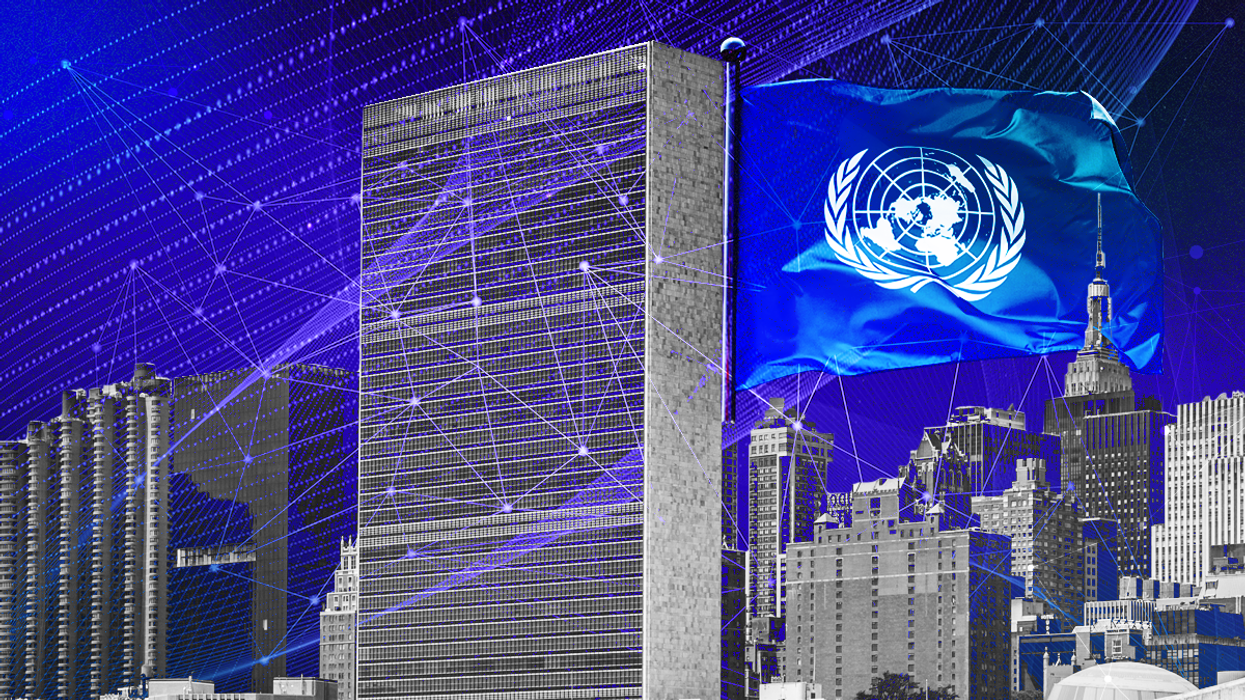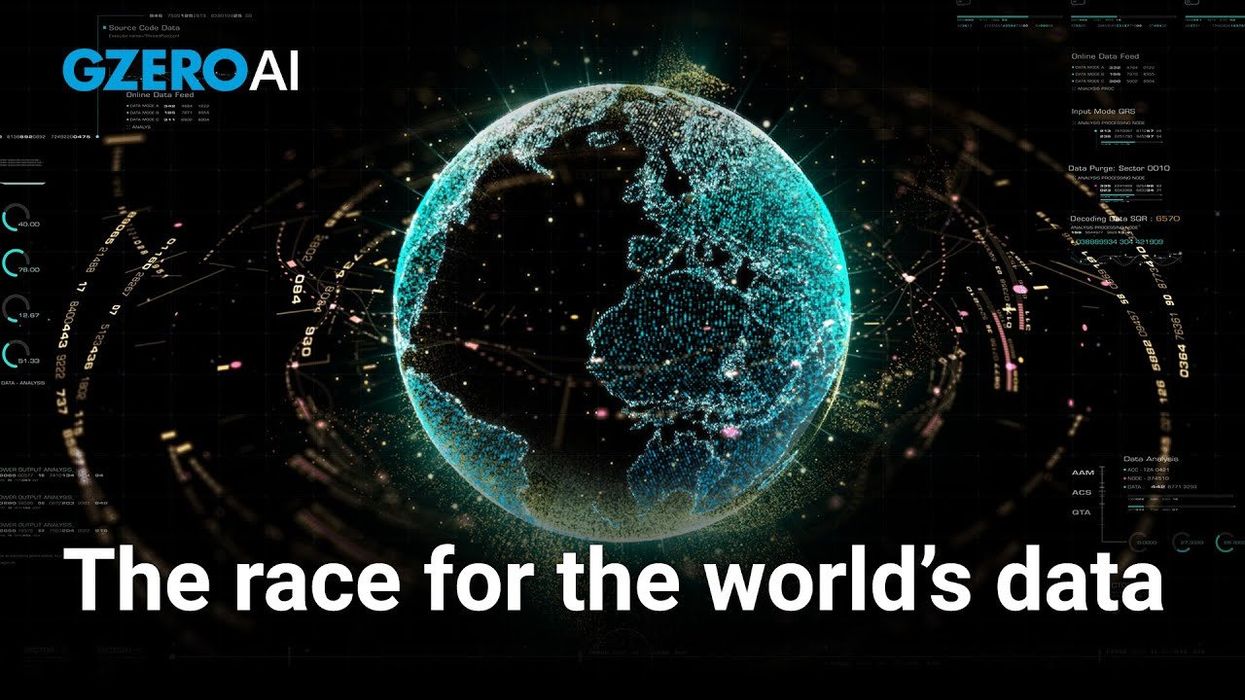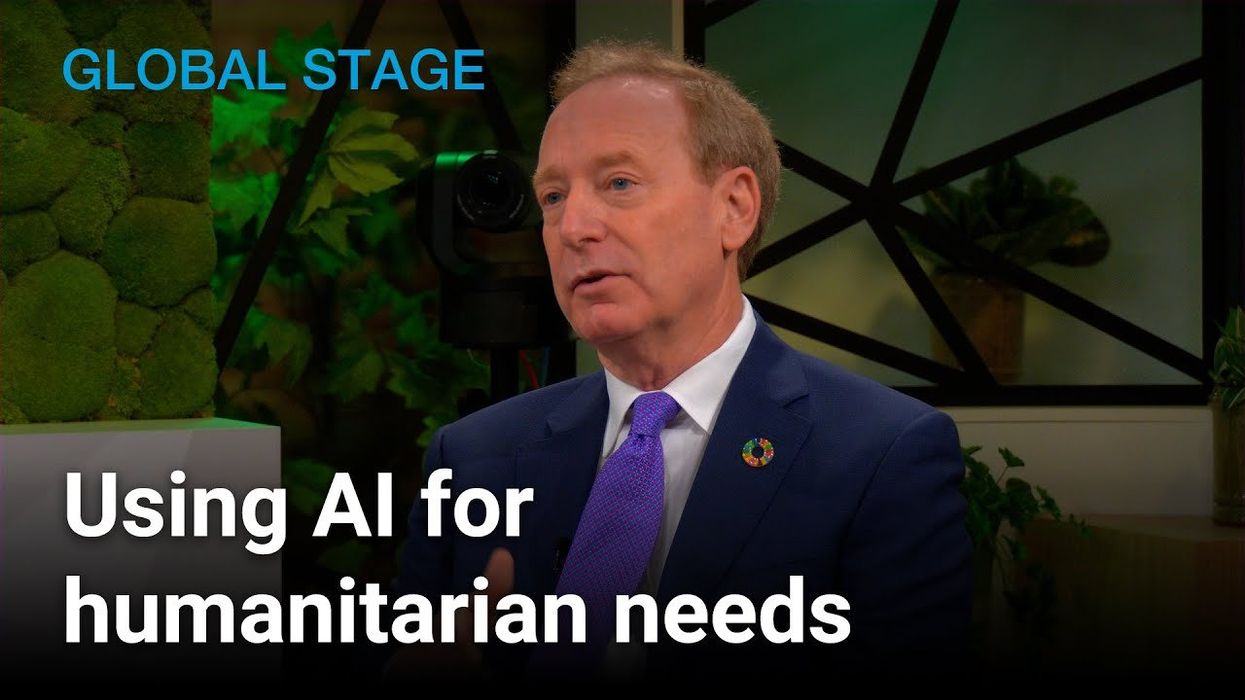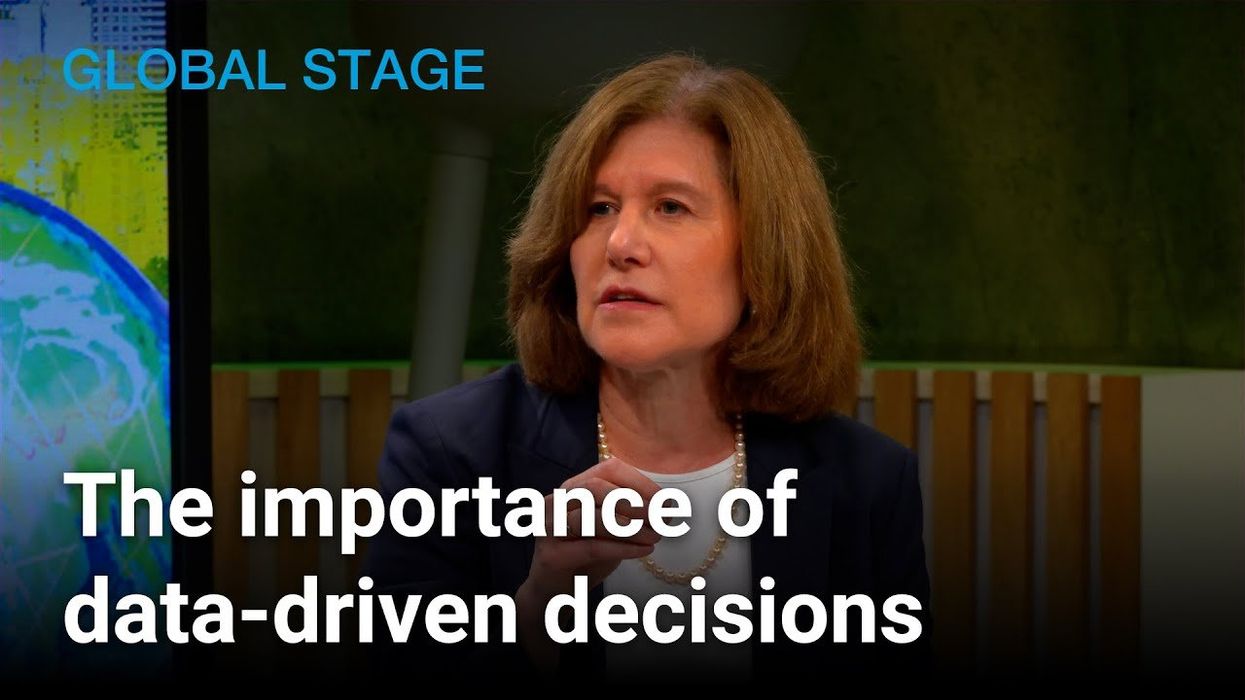AI
Breaking: The UN unveils plan for AI
Overnight, and after months of deliberation, a United Nations advisory body studying artificial intelligence released its final report. Aptly called “Governing AI for Humanity,” it is a set of findings and policy recommendations for the international organization and an update since the group’s interim report in December 2023. Ian Bremmer, founder and president of both Eurasia Group and GZERO Media, served as a rapporteur for the UN High-Level Advisory Body on Artificial Intelligence, the group in charge of the report. Ian will host a UN panel conversation on Saturday, Sept. 21 at 3:45 PM ET, which you can watch live here.
Sep 19, 2024




